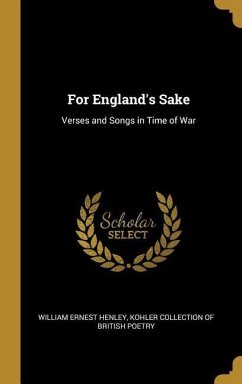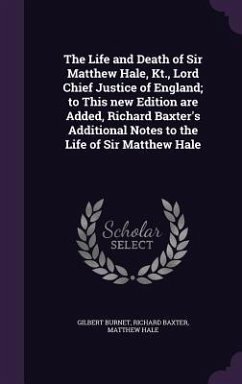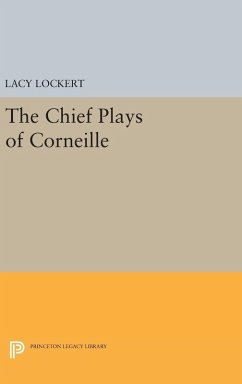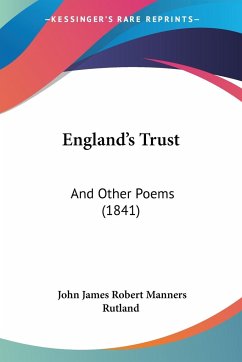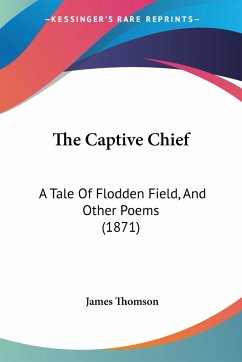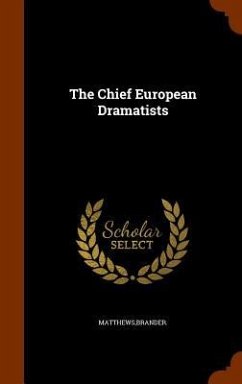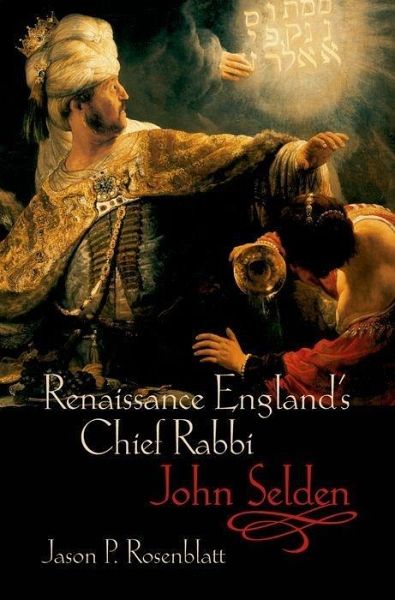
Renaissance England's Chief Rabbi
John Selden
Versandkostenfrei!
Versandfertig in 1-2 Wochen
278,99 €
inkl. MwSt.

PAYBACK Punkte
139 °P sammeln!
In the midst of an age of prejudice, John Selden's immense, neglected rabbinical works contain magnificent Hebrew scholarship that respects, to an extent remarkable for the times, the self-understanding of Judaism. Scholars celebrated for their own broad and deep learning gladly conceded Selden's superiority and conferred on him titles such as "the glory of the English nation" (Hugo Grotius), "Monarch in letters" (Ben Jonson), "the chief of learned men reputed in this land" (John Milton). Although scholars have examined Selden (1584-1654) as a political theorist, legal and constitutional histo...
In the midst of an age of prejudice, John Selden's immense, neglected rabbinical works contain magnificent Hebrew scholarship that respects, to an extent remarkable for the times, the self-understanding of Judaism. Scholars celebrated for their own broad and deep learning gladly conceded Selden's superiority and conferred on him titles such as "the glory of the English nation" (Hugo Grotius), "Monarch in letters" (Ben Jonson), "the chief of learned men reputed in this land" (John Milton). Although scholars have examined Selden (1584-1654) as a political theorist, legal and constitutional historian, and parliamentarian, Renaissance England's Chief Rabbi is the first book-length study of his rabbinic and especially talmudic publications, which take up most of the six folio volumes of his complete works and constitute his most mature scholarship. It traces the cultural influence of these works on some early modern British poets and intellectuals, including Jonson, Milton, Andrew Marvell, James Harrington, Henry Stubbe, Nathanael Culverwel, Thomas Hobbes, and Isaac Newton. It also explores some of the post-biblical Hebraic ideas that served as the foundation of Selden's own thought, including his identification of natural law with a set of universal divine laws of perpetual obligation pronounced by God to our first parents in paradise and after the flood to the children of Noah. Selden's discovery in the Talmud and in Maimonides' Mishneh Torah of shared moral rules in the natural, pre-civil state of humankind provides a basis for relationships among human beings anywhere in the world. The history of the religious toleration of Jews in England is incomplete withoutacknowledgment of the impact of Selden's uncommonly generous Hebrew scholarship.





